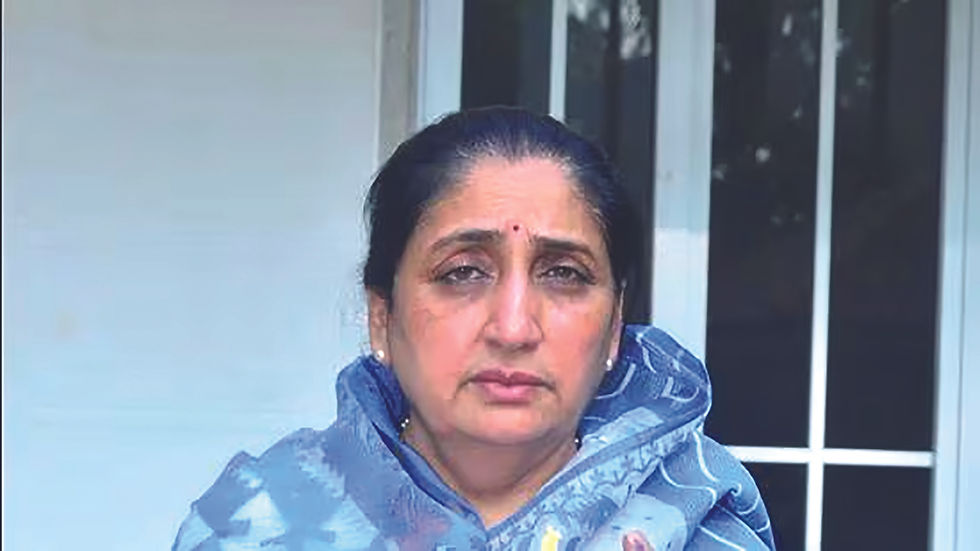Unrest within Mahayuti
- Abhijit Mulye

- Jan 20, 2025
- 2 min read
Updated: Jan 21, 2025

Mumbai: The state administration on Sunday stalled the appointments of guardian ministers in Raigad and Nashik districts. Chief Minister Devendra Fadnavis had cleared the appointments before he left for Davos in Switzerland to attend the World Economic Forum on Saturday. They are believed to have been stalled on behest of Deputy Chief Minister Eknath Shinde, who heads the state in absence of the Chief Minister.
NCP’s Aditi Tatkare and BJP’s Girish Mahajan were entrusted with responsibilities of guardian minister for the Raigad and Nashik districts respectively, where Shiv Sena’s Bharat Gogawale and Dada Bhuse had staked claims. Gogawale is a first-time minister while, Bhuse had been the guardian minister of the district during previous government under Eknath Shinde.
Shiv Sena, NCP and BJP all the three constituents of Mahayuti have strong roots in both the districts. However, the Shiv Sena and the NCP had been particularly on loggerheads there. The Shiv Sena, which had been demanding the guardian minister’s post in Nashik district has managed to win only two assembly seats in the district where the NCP has Six and the BJP has Five MLAs. On the contrary, in Raigad the NCP has won only one seat while the Shiv Sena and the BJP both have Three MLAs each in the district.
Sunil Tatkare, MP from Raigad Lok Sabha constituency and the stat unit president of the NCP and father of Aditi Tatkare, had been the guardian minister of Raigad between 2004 and 2014. Gogawale had always been his political opponent before Tatkare joined the Mahayuti government under Ajit Pawar’s leadership in 2023. Gogawale claimed that all the Six Shiv Sena-BJP MLAs in the district had opined in his favour to be the guardian minister of the district and after the decision to appoint Aditi Tatkare was announced, his supporters resorted to violent protests. They burnt tyres in bid to stall traffic on highway in the district. Reacting to the developments, Tatkare said that the issue should be pondered over after CM Fadnavis returns from Davos on Saturday and settled amicably.
In Nashik Girish Mahajan had been the guardian minister of the district between 2014 and 2019 when Fadnavis was the Chief Minister.
The post of guardian minister doesn’t have any constitutional mandate and is considered to be a political appointment. Guardian ministers head the district planning and development councils (DPDC) that control the funds for development works being carried out in the particular district. This control wields much of political power to the minister in that district whereby spreading the party in the district becomes much easier. This is the reason why the grass root politicians seem to be very sensitive to such appointments.
While Gogawale and Bhuse are unhappy about not being appointed as guardian ministers, some others like NCP’s Hasan Mushrif and BJP’s Pankaja Munde are unhappy about not being appointed as guardian district in their home districts of Kolhapur and Beed respectively. DCM Shinde is learnt to have gone to his ancestral village Dare in Satara district after the decision and BJP’s firefighters Chandrashekhar Bawankule and Girish Mahajan are expected to meet him there to try finding a way out of the issue.





Comments